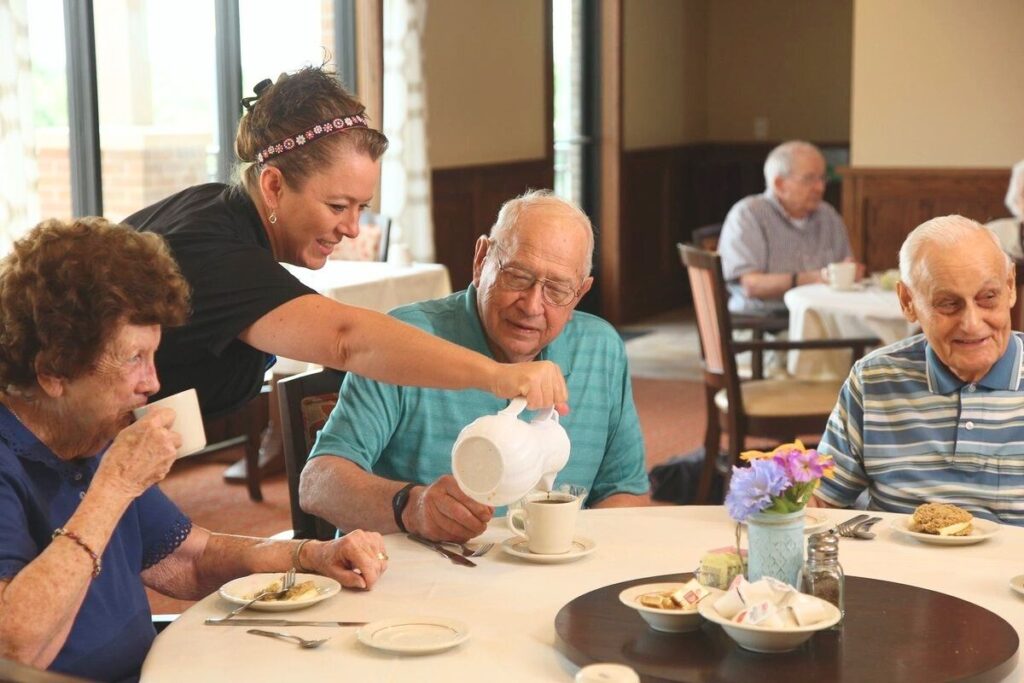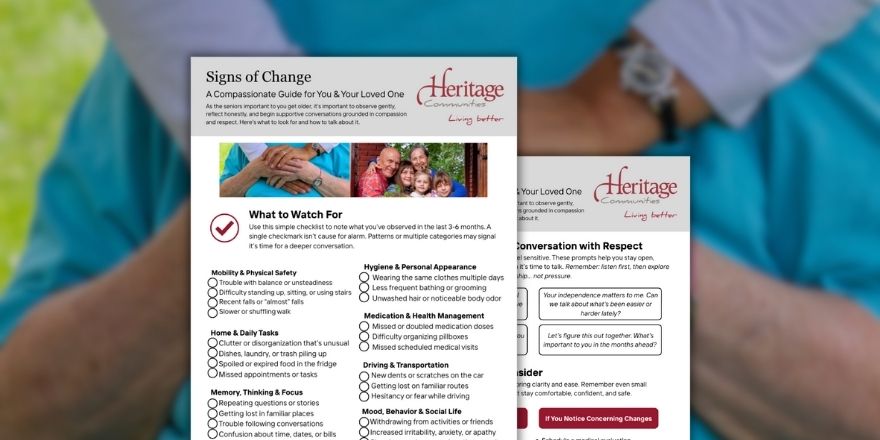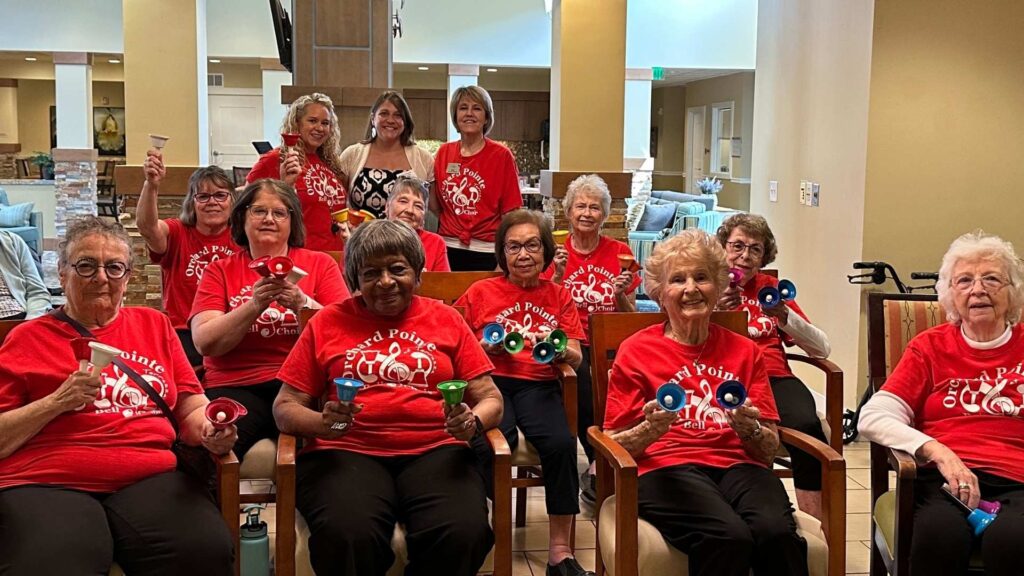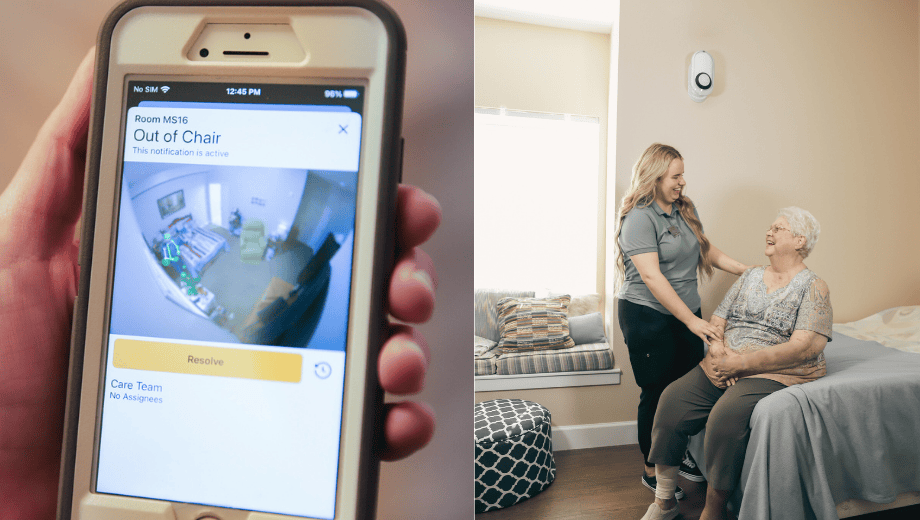Funding Sources for Senior Care and Housing
Future health care needs might seem far down the road. You might be enjoying sound health and savoring your independence currently. But unfortunately, needs can change without warning, both for you or for an older loved one. Only one-third of seniors have set aside enough money for their long-term care. By exploring every possible source for funding senior care, you will be prepared and have peace of mind.

If it’s true that only one-third of seniors have set aside enough money for their long-term care needs, then it’s clear that exploring every possible source of funding senior care is essential. The sooner you come up with a strategy, the more prepared you will be, and the more peace of mind you and your family will have.
Funding senior care: why you can’t afford to wait.
Future health care needs might seem far down the road. You might be enjoying sound health and savoring your independence. But unfortunately, needs can change without warning, either for you or an older loved one. Consider the statistics:
- Around 30% of older adults aged 65 or above experience a fall each year, and approximately 20% of falls result in moderate to severe injuries requiring hospitalization or rehabilitation.
- People aged 65 and older have almost a 70% chance of needing long-term care in their remaining years. This increases for a person with a chronic health condition (high blood pressure, diabetes, etc.). Just over 20% will require care for 5 years or longer.
- The average stay in long-term care is 3.2 years.
- Women typically live longer than men, and thus have a higher likelihood of requiring long-term care.
- Approximately only 12 percent of Americans have long-term care insurance.
Medicare won’t be coming to the rescue.
Many people incorrectly assume that Medicare will be the answer when it comes to funding senior care. Here are the facts.
Medicare only pays for long-term care if you require skilled services or rehabilitative care:
- Medicare only pays for long-term care if you require skilled services or rehabilitative care.
It does not pay for non-skilled assistance with Activities of Daily Living (ADL), which make up most long-term care services, including assisted living and memory care. To learn more about what Medicare does cover, visit medicare.gov.
Download our free guide, The Family Decision Toolkit.
Medicaid does pay for the largest share of long-term care services, but to qualify, your income must be below a certain level, and you must meet minimum state eligibility requirements based on the amount of assistance you need with ADL. And not all senior living communities accept Medicaid.
Funding senior care: where should you look?
• Savings. You may be one of the wise few who has been saving your whole life for future needs in a bank savings account. Or you have designated specific bonds, stock holdings, or annuities that you plan to use for this purpose. A wise move is to meet with your financial advisor first to discuss what next steps to take that make the best financial sense for you or for your loved one.
• Home. Many older adults choose to sell their home outright or rent the property to others to help fund their long-term care needs. Another option is a reverse mortgage, which is a type of home equity loan for homeowners aged 62 or older. It may make sense for people who don’t plan to move, who can keep up with the cost of home maintenance, property taxes and insurance, and those who want to access the equity in their home to supplement income in retirement.
• Income. For some, using their Social Security income, pension, or income received from stocks is a good source of funding. Again, ask your financial advisor to guide you in making these decisions.
• Veterans Benefits. Wartime veterans or a surviving spouse with limited income may be eligible to receive a pension to assist in paying for long-term care such as assisted living, home health care, adult day care, or skilled nursing. Known as Aid & Attendance, this increased monthly pension amount may be added to your monthly pension if you meet certain specific conditions.
• Life Insurance Conversion. You may not have realized that you can convert a life insurance policy into a Long-Term Care Benefit Plan. In fact, anyone with an in-force life insurance policy can transform it into a pre-funded financial account that disburses a monthly benefit to help pay for long-term care needs such as home care, assisted living, skilled nursing and hospice. Unlike life insurance, this account is a Medicaid qualified asset.
• Long-Term Care Insurance. Long-term care (LTC) insurance helps to pay for the cost of home care, adult day care, assisted living, memory care, skilled nursing, respite care and hospice by covering services typically not covered by health insurance, Medicare or Medicaid. Policies often even cover some homemaker services, such as meal preparation or housekeeping as long as it is in conjunction with the personal care services you receive.
It’s never too late to make a plan.
Finding sources for funding senior care is something that many older adults will have to deal with at some point in their lives, whether for themselves or for a loved one. By doing your homework you can uncover some resources you previously have not considered.
At Heritage Communities, we hope you will feel free to call upon us with any questions you might have about long-term care, senior living, or our lovely communities. We are here for you.
Your needs, your taste, your lifestyle. Download our free guide, The Family Decision Toolkit. Or contact us today.







